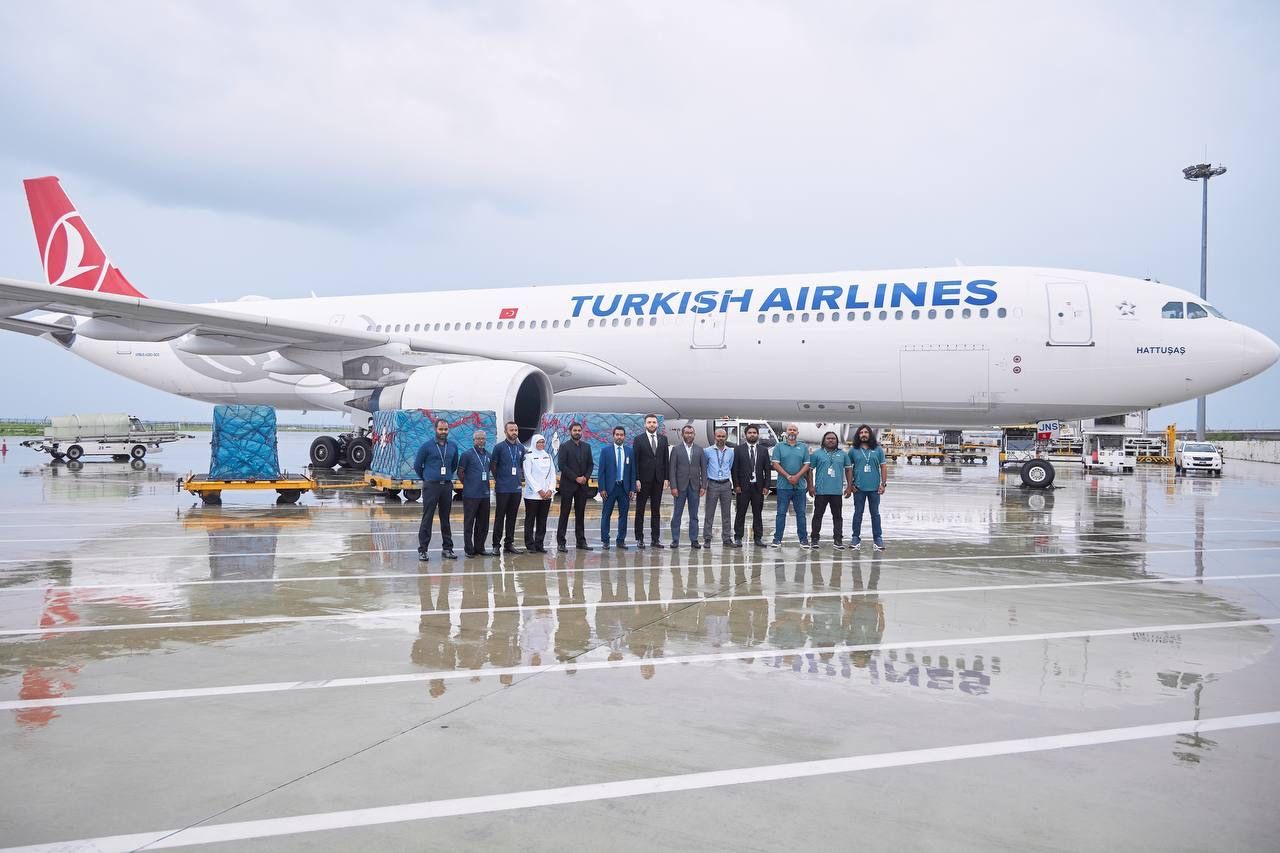The Maldives recorded over 250,000 tourist arrivals by yesterday, 20th March 2021. According to the official statistics from the Maldives’ Ministry of Tourism, the tropical holiday destination witnessed approximately 255,903 tourist arrivals from 1st January 2021 to 20th March 2021.
According to the figures, 66,918 arrived in the island archipelago so far, this March. However, arrivals decreased by 35.% from 1st to 20th March 2021, compared to the same period in 2020. The daily average still stands above 3000, with the country witnessing an average of 3,239 tourist arrivals every day. Furthermore, tourists spent an average of 8.9 days in the Maldives.
Looking at the leading individual tourist source markets, India retains its position as the top contributor in terms of tourist arrivals. Once again this month, numerous Bollywood celebrities (some big names in fact!) spent their vacation in the Maldives. Hina Khan, Shraddha Kapoor, Seema Khan, Maheep Kapoor, Esha Gupta, Shefali Jariwala and countless more Indian celebrities holidayed in the Maldives this month.
Other leading tourist source markets include Russia, Ukraine, Kazakhstan, Germany, Romania, Czech Republic, United States, France, and Switzerland. Russia played a pivotal role in the country’s road to recovery.
As the Maldives exceeds 250,000 tourist arrivals in 2021, 159 resorts/marinas are currently operational in the island nation. Meanwhile, 686 guesthouses are open in tropical holiday destination. Resorts are a perfect option for travellers seeking total privacy and ‘natural social distancing’. On the other hand, guesthouses are great for budget-conscious travellers. In addition to resorts and guesthouses, 158 Safari vessels are operational in the Maldives.
Also read: 31 celebrities that visited the Maldives in February 2021
The Maldives is aiming to welcome 1.5 million tourists in 2021. Furthermore, the Maldives’ Ministry of Tourism forecasts that the tropical holiday destination will witness more than 10 million bed nights this year.







